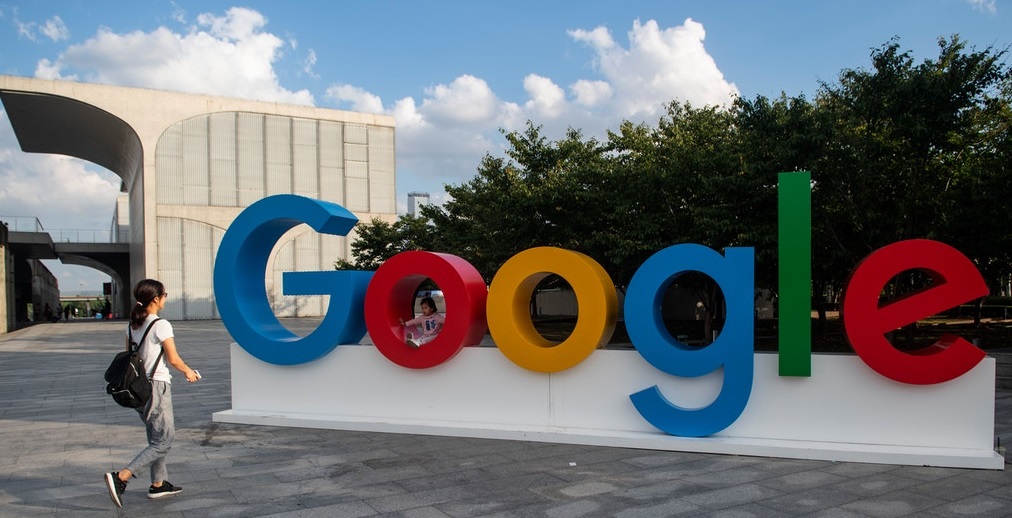Google's parent company launches AI-driven drug discovery start-up
Google owner Alphabet has launched an artificial intelligence company to discover new drugs. Google parent company Alphabet Inc. has launched a new company in London called Isomorphic Labs. The company aims to use AI (artificial intelligence) for drug discovery and medicine to find cures for some of humanity’s most devastating diseases. Demis Hassabis will be the CEO of Isomorphic Labs. Hassabis is the CEO and co-founder of DeepMind, another Alphabet subsidiary that used AI to predict the 3D structure of a protein directly from its amino acid sequence.UK-registered Isomorphic Labs will use technology from its sister company DeepMind “to accelerate drug discovery, and ultimately, find cures for some of humanity’s most devastating diseases,” said Demis Hassabis, the head of DeepMind, in a blog post. He added that he would also become the chief executive of Isomorphic Labs.
The London-based Isomorphic Labs will work on the most important applications of AI — in the field of biological and medical research. The company aims to use AI to accelerate drug discovery, and ultimately, find cures for some of humanity’s most devastating diseases. The new venture also plans to partner with biomedical and pharmaceutical companies, using artificial intelligence to discover new medicinal advancements. Demis Hassabis, the co-founder and chief executive of DeepMind, will also serve as chief executive of Isomorphic Labs as it maps out its technical strategy and hires its first employees. Isomorphic and DeepMind announced the creation of the new company on Thursday, but declined to discuss the details of the operation.
Isomorphic will try to build models that can predict how drugs will interact with the body, Hassabis told Stat News. It could leverage DeepMind’s work on protein structure to figure out how multiple proteins might interact with each other. The company may not develop its own drugs but instead sell its models. For years, experts have pointed to AI as a way to make it faster and cheaper to find new medications to treat various conditions. AI could help scan through databases of potential molecules to find some that best fit a particular biological target, for example, or to fine-tune proposed compounds. Hundreds of millions of dollars have been invested in companies building AI tools over the past two years.
Other Alphabet companies are already exploring various aspects of human health, including Verily, which has worked on everything from surgical robots to contact lenses that monitor glucose levels in diabetics; and Calico, which is dedicated to overcoming aging. Isomorphic Labs will be focused solely on drug discovery and new technologies that can help develop medicines. The lab recently released predicted shapes of more than 350,000 proteins, a kind of map for biological processes in humans and other organisms. Independent researchers have used that data to accelerate a wide range of biological research, including efforts to understand the coronavirus.
Developing and testing drugs, though, could be a steeper challenge than figuring out protein structure. For example, even if two proteins have structures that fit together physically, it’s hard to tell how well they’ll actually stick. A drug candidate that looks promising based on how it works at a chemical level also might not always work when it’s given to an animal or a person. Over 90 percent of drugs that make it to a clinical trial end up not working, as chemist and writer Derek Lowe pointed out in Science this summer. Most of the problems aren’t because there was something wrong at the molecular level.






.jpg)
